Population and ConflictSouthampton, United Kingdom, 7–8 March 2024
Organising Committee:
A total of 46 international participants attended the meeting, including researchers from Austria, Bangladesh, Belgium, Burkina Faso, Colombia, Ethiopia, Germany, Iran, Lebanon, Italy, Mexico, Somalia, Ukraine, the United Arab Emirates, the United Kingdom, and the United States; seven researchers joined online. We had two keynote speakers, four standard sessions, and two roundtable sessions.
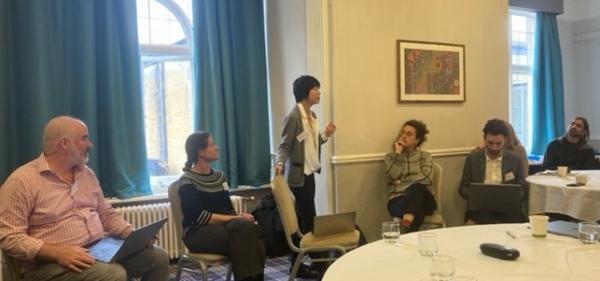
The presentations all addressed the broader topic of how conflict can affect population dynamics. The first keynote speaker, Orsola Torrisi, discussed the consequences of conflict on family outcomes. To make sense of the disparate findings in the literature, she stressed the need for a theoretical framework that accounts for the timing of conflict exposure at various stages in people’s life course. In the first two standard sessions, researchers presented work on the long-term psychological and educational impacts of conflict exposure, including studies on post-Khmer-Rouge Cambodia and civil war effects on cognitive performance in early childhood in Burundi. We also learned about conflict bereavement across the ten populations that suffered the greatest losses to armed conflicts in the past decade. Further presentations addressed the impacts of drug war violence on family dynamics in Mexico and the effects of armed conflict on unwanted childbearing in Colombia. We also learnt about the complexities of romantic partnerships during the recent war in Ukraine and discussed the importance of qualitative analyses for conflict demography. Roundtable sessions covered topics such as economic and labour opportunities for local and host communities, migration intentions during conflicts, and decreases in fertility intentions as a consequence of uncertainty during political instability. In a panel discussion, Raya Muttarak and Ted Gerber sketched how both sociological imagination and demographic science can advance a research agenda on the consequences of conflict. 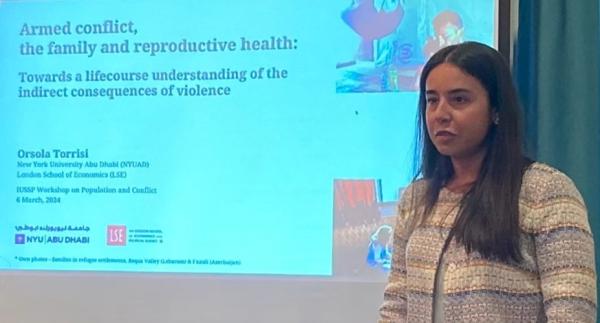
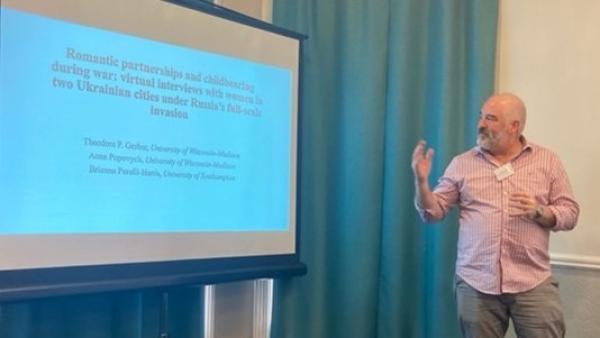
One-half of the second day was devoted to the challenges of data collection during times of conflict. The second keynote speaker, Victoria Zakhozha, delivered an insightful and moving account of how her team of survey researchers collect data during the war in Ukraine. We learnt how the National Bureau of Statistics in Somalia conducts household surveys in times of recurring conflict. We also heard about new avenues for collecting demographic data through mobile phone surveys in Burkina Faso and the use of Facebook ads in Ukraine to gain a better understanding of the various health needs of internally displaced people. Additionally, the Displacement Tracking Matrix of the UN’s International Organization for Migration was explained, providing data on the mobility, vulnerabilities, and needs of displaced populations.
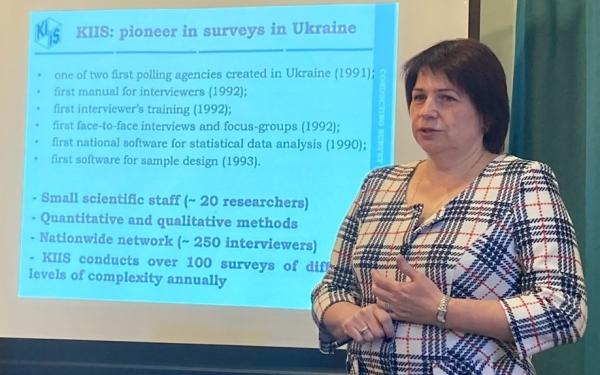
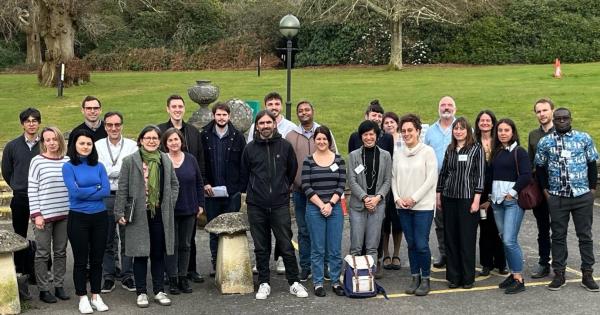
Funding: For the workshop we received funding from the British Academy (BA/Leverhulme SRG21\210356), the John Fell Fund at the University of Oxford, and the Strategic Research Development Fund of the School of Economic, Social, and Political Science at the University of Southampton in collaboration with the IUSSP Scientific Panel on Population Dynamics under Global Conflict and Climate Change. We are grateful to the Centre for Population Change at the University of Southampton for excellent administrative support. More photos:
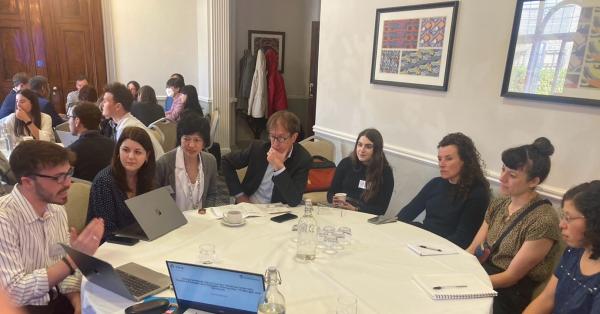
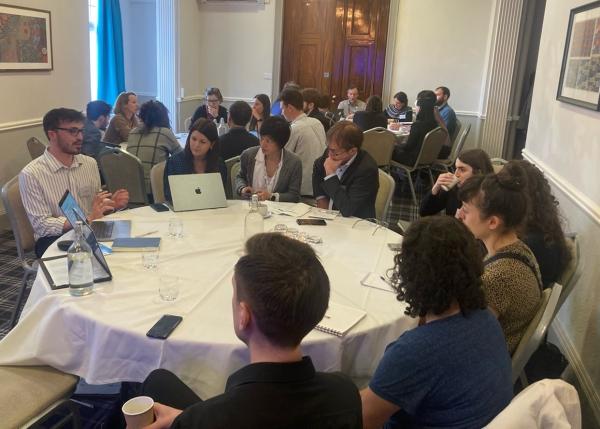
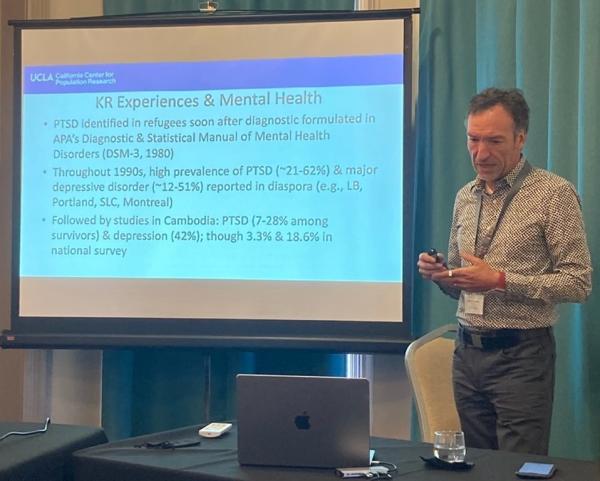
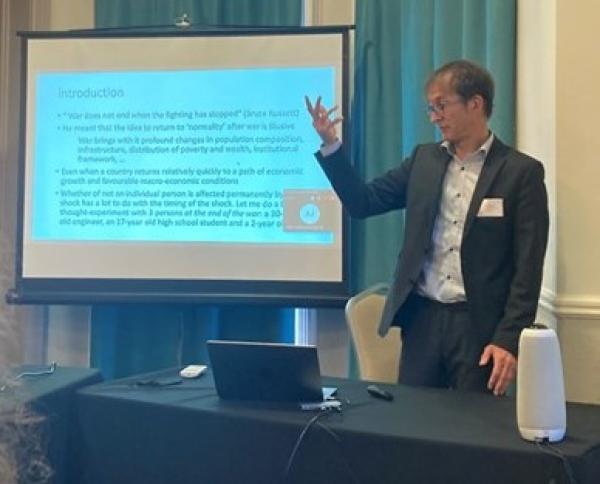
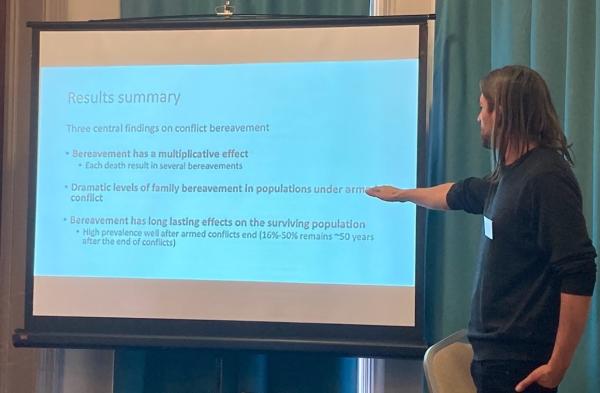
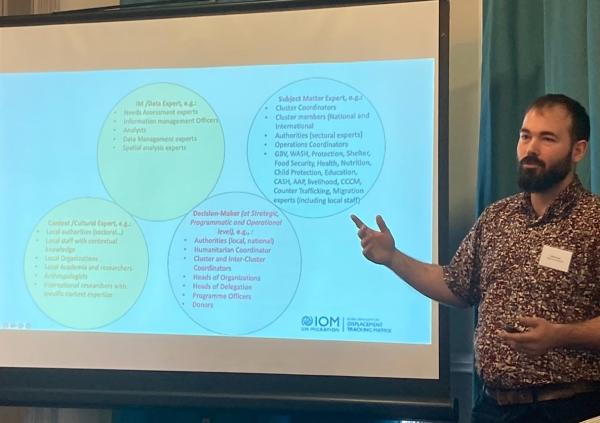
Many thanks to Ken Brackstone for taking the pictures during the workshop!
|

